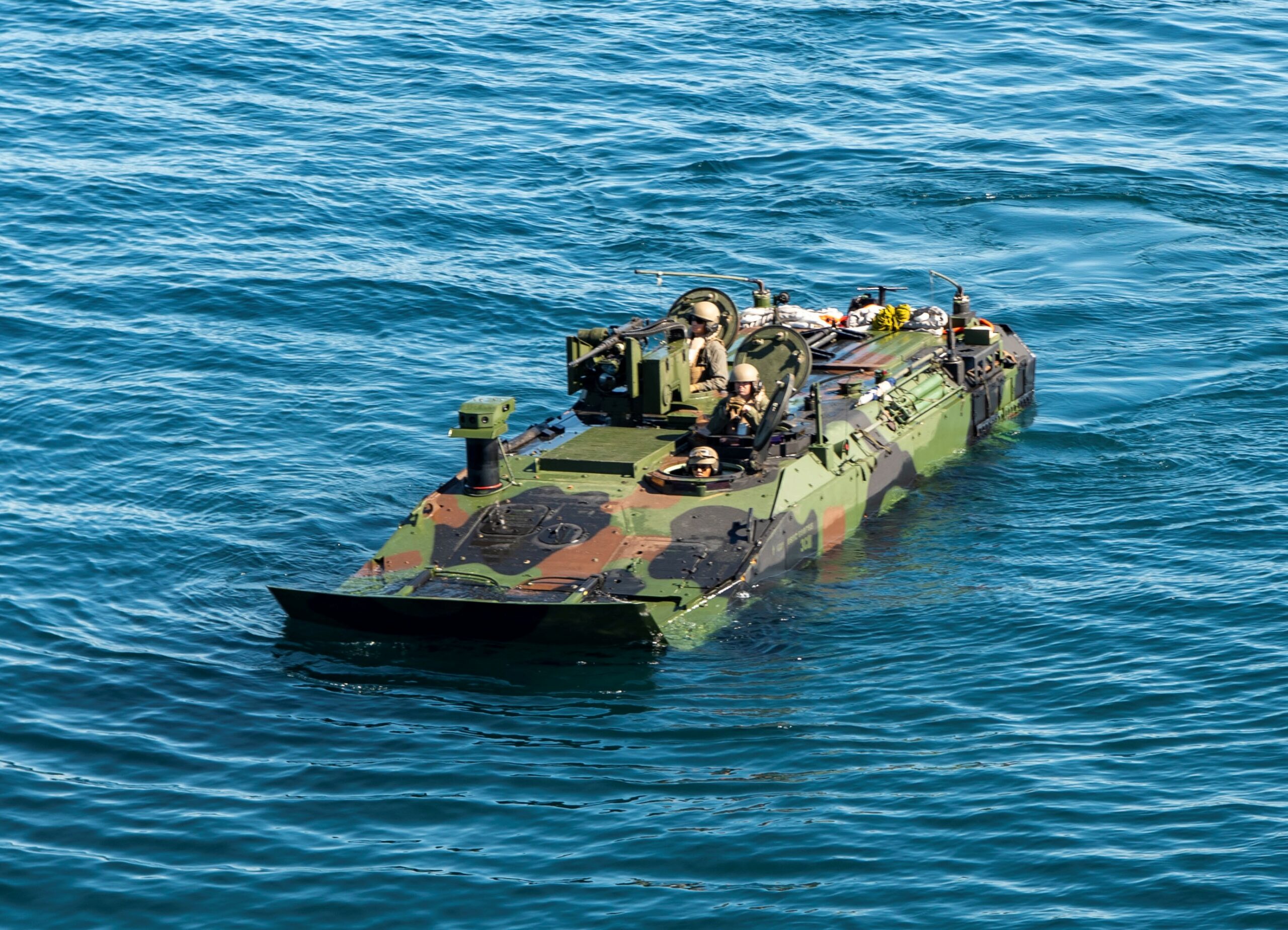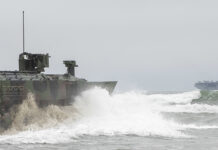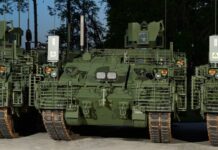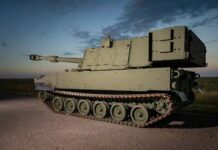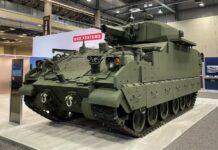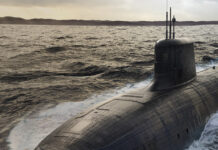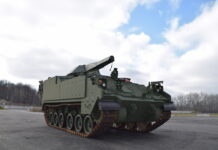The US Marine Corps (USMC) has awarded BAE Systems a USD 256.8 M (EUR 240.55 M) contract for more Amphibious Combat Vehicles (ACVs), the company announced on 6 March 2023.
The award, which is the third full-rate production (FRP) order for the vehicle, includes USD 145.3 M for more than 25 ACV Personnel (ACV-P) variants, USD 111.5 M for more than 15 Command variant (ACV-C) vehicles and covers production, fielding, and support costs.
More than 250 ACV-Ps have already been ordered, with FRP having been approved in 2021.
The ACV is described by BAE Systems as “an 8×8 platform that provides true open-ocean amphibious capability, land mobility, survivability, payload, and growth potential to accommodate the evolving operational needs of the USMC”. It has a crew of three and is designed to carry 13 marines from ship to shore and further inland in an opposed landing scenario. Its V-shaped hull is designed to provide blast protection from mines.
“The ACV is an extremely versatile platform that continues our commitment to equip the marines with the vehicle to meet their expeditionary needs,” Garrett Lacaillade, vice president of amphibious programmes at BAE Systems, was quoted as saying in the company’s 6 March press release. “Today, with our strategic partner Iveco Defence Vehicles, we are delivering this critical capability to the marines.”
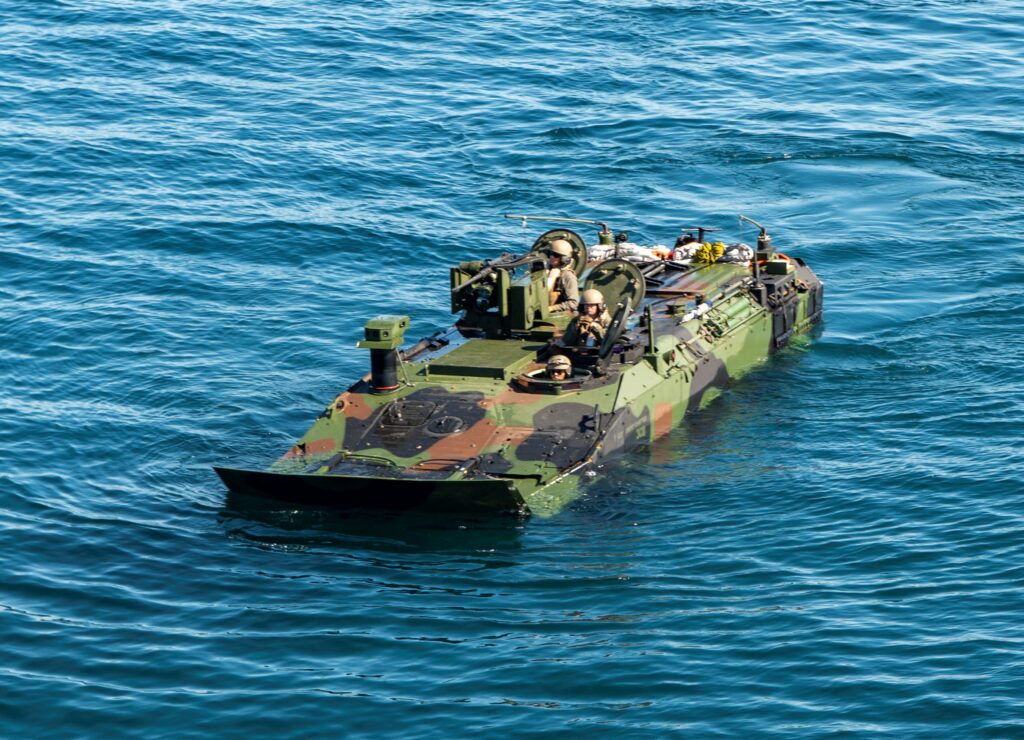
BAE Systems is also under contract for two other ACV variants: the ACV Recovery (ACV-R) variant, which will replace the legacy Assault Amphibious Vehicle recovery variant (AAVR7A1) and will provide direct field support, maintenance, and recovery to the ACV family of vehicles; and the ACV-30, which mounts a 30 mm cannon-armed Kongsberg RT20 stabilised, remote turret to provide direct fire support.
The company has also received task instructions from the USMC to complete studies of an advanced reconnaissance variant of the ACV incorporating a command, control, communication and computers/unmanned aerial system (C4/UAS) mission payload. This ACV C4/UAS variant was delivered to the USMC in January 2023 for testing.
The ACV, which is replacing the AAV7 family of assault amphibious vehicles that have been in USMC service since the early 1970s, achieved initial operational capability on 13 November 2020.
Peter Felstead


